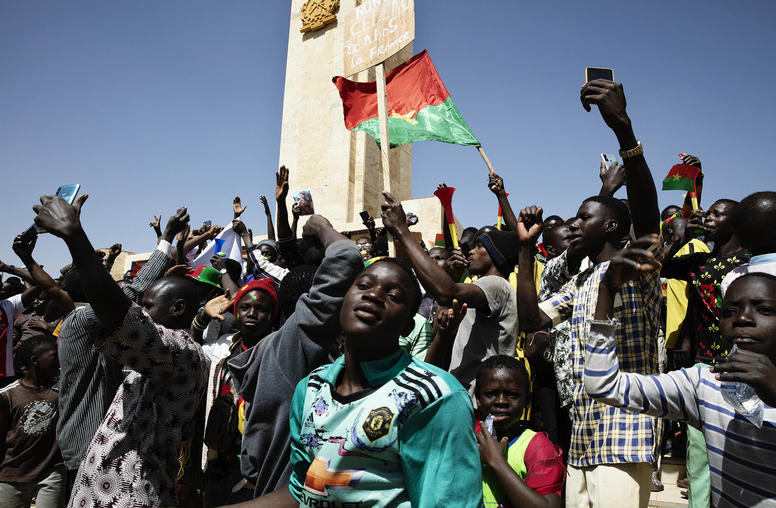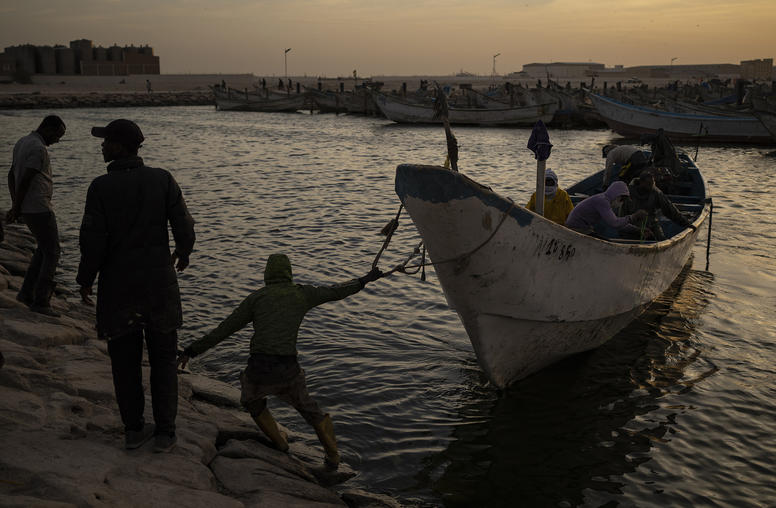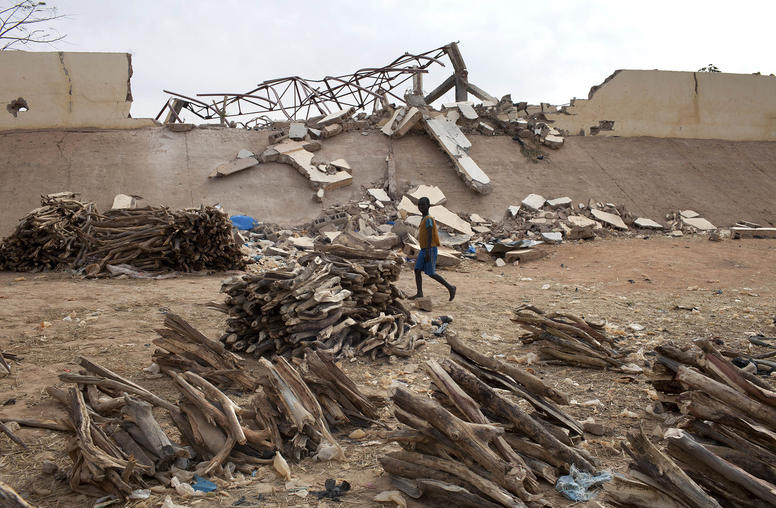Peace in Mali? Political Transition and the Extremist Challenge in the Sahel
Mali has witnessed significant progress since 2012, when a coup d’etat and a rebellion in the north led to extremist control of nearly two-thirds of the country. Malian authorities and the rebels are implementing a peace agreement under a democratically elected government. The success of this effort is central to improving stability in the Sahel, where about 4 million people are displaced by conflict. The U.S. Institute of Peace brought together U.S. government officials and experts on March 3 for a discussion on Mali’s transition, U.S. policies, and the specific role in Mali of USAID's Office of Transition Initiatives.

Four years ago, Mali was destabilized amid a rebellion by northern armed groups, a coup d’etat by soldiers, and a security vacuum exploited by terrorists. Following interventions by the French military and a U.N. mission, the Malian government and a coalition of Tuareg and Arab groups have signed a peace deal. But al-Qaeda in the Islamic Maghreb (AQIM) and other extremist elements have continued attacks, particularly on U.N. peacekeepers. In November, militant gunmen killed 20 people at a luxury hotel in Bamako. Such violence has underscored questions about the success of Mali’s transition.
USAID’s Office of Transition Initiatives (OTI) has worked in Mali since 2013. It has engaged with civil society and community organizations to support broad-based participation in the democratic process and to promote access to reliable information. Joel Hirst, OTI Country Director in Mali, along with a panel of experts, discussed Mali’s political transition and the issues still facing the country and the Sahel region.
Continue the conversation on Twitter with #MaliUSIP.
Panelists
Nancy Lindborg, Opening Remarks
President, U.S. Institute of Peace
Ambassador Mary Beth Leonard, Panelist
Former U.S. Ambassador to Mali, 2011-2015
Kamissa Camara, Panelist
Senior Program Officer, West & Central Africa at National Endowment for Democracy
Joel Hirst, Panelist
Country Representative, Office of Transition Initiatives, USAID
Beth Cole, Moderator
Special Advisor on Violent Extremism, Conflict and Fragility, U.S. Institute of Peace




